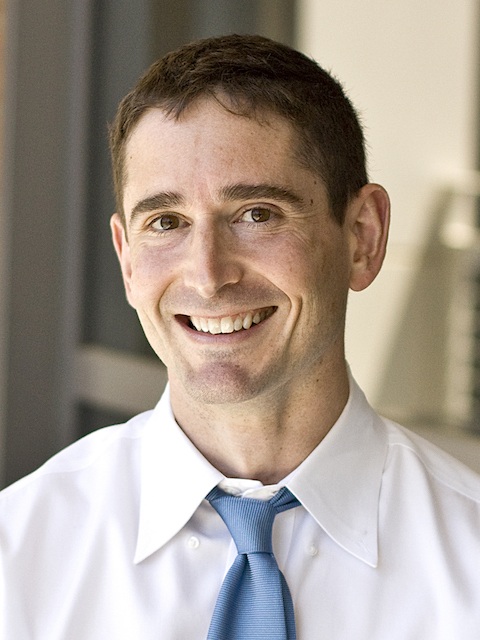In the United States, parents can disinherit their dependent children. This rule, which I’ll call the “disinheritance power,” is one of the most blazingly idiosyncratic strands of American law. Indeed, no other legal system gives decedents this cruel freedom. And although scholars have criticized the disinheritance power for decades, it remains firmly on the books.
Michael Higdon’s engaging new article attacks this problem from a new angle. Higdon proposes that states use the venerable doctrine of parens patriae as a safety valve against egregious exercises of the disinheritance power.
As Higdon explains, the disinheritance power is anomalous for several reasons. First, it’s a relic. American colonies imported the disinheritance power from England. But because England abandoned the disinheritance power in 1938, the U.S. has fallen far out of step.
Second, other countries do things very differently. In China, Nordic nations, and many civil law regimes, forced heirship gives all children a set percentage of a decedent’s property. Similarly, common law countries such as Australia, Canada, and England boast family maintenance statutes, which empower judges to override a testator’s wishes in the interests of fairness. Thus, by clinging to the disinheritance power, the U.S. “stand[s] alone.”
Third, even within American law, the disinheritance power is a paradox. For one, a living parent must support his or her minor children. It is not clear why this duty ends with the parent’s death. Moreover, although domestic courts and legislators often cite the primacy of testamentary autonomy, they also recognize common-sense limits to this principle. For instance, testators and settlors can’t insulate their assets from spouses or creditors. Likewise, judges invalidate bequests that violate public policy by causing negative externalities. Indeed, a court will refuse to enforce a provision in a will that instructs the executor to tear down the testator’s house because honoring such a provision would “harm[] the neighbors[ and] detrimentally affect[] the community.” Bizarrely, though, the disinheritance power invites decedents to saddle the government with the spillover cost of caring for their kids.
In a creative maneuver, Higdon suggests that states curb the disinheritance power through their parens patriae authority. Parens patriae is the government’s prerogative to “act as guardian for those who are unable to care for themselves, such as children or disabled individuals.” It surfaced in seventeenth century Britain, where it initially “only encompassed the Crown’s ability to protect lunatics (the temporarily insane) and idiots (the permanently insane).” (Pp. 26-27.) But due to a typographical error in a 1603 opinion—in which the publisher of Coke’s Reports accidentally substituted the word “infant” for “idiot”—judges soon extended parens patriae to children. Today, courts use the doctrine to override a variety of parental decisions that aren’t in a child’s best interests, including those relating to adoption, liability waivers, and divorce settlements.
Higdon urges courts to apply the doctrine of parens patriae to disinherited children in certain contexts. His thesis is persuasive and nuanced. Rather than aiming for the sky and advocating the abolition of the disinheritance power, he argues that judges should invoke parens patriae to protect “vulnerable child heirs”: “minor children, disabled adult children whose disabilities are such that they remain dependent upon their parents, and adult children who were abused at the hands of the testator parent during their minority.” (P.9.) Yet even when a child falls into one of these camps, Higdon would require the child to demonstrate additional harm, such as a lack of funds from other sources. In this way, Higdon would rein in the disinheritance power without significantly undercutting testamentary freedom.
To borrow a quote from Deborah Batts cited at the beginning of Higdon’s piece, “when it comes to inheritance, American children are in need of a champion.” (P. 3.)








